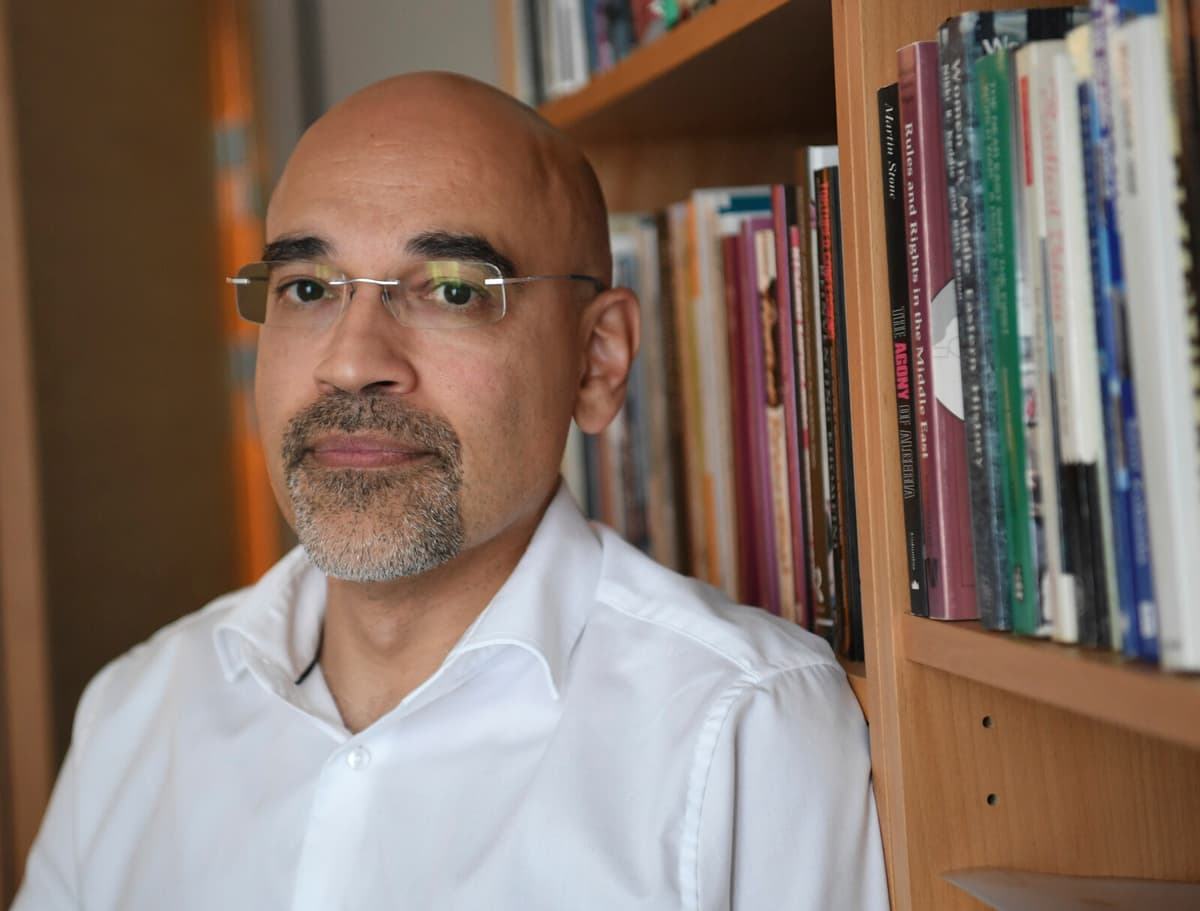After Israel cracked down on Hamas in Gaza, Iran risks losing its most important tool in the region, Hezbollah, and is faced with the choice of accepting it or doing something very drastic. Now they seem to have chosen the riskier path, says Aron Lund, Middle East analyst at the Total Defence Research Institute (FOI).
This is partly about showing their own supporters that they stand behind them, and partly about raising the stakes in a situation where Israel is acting as if they are not facing any risks.
For Iran, this could be useful if it gets the alarm bells ringing in Washington, which does not want a large-scale war, and also forces Israel to its knees before the USA. To handle an escalation, you need American help, and then you also have to listen to the USA's opinions.
"Escalation"
Rouzbeh Parsi, programme manager at the Swedish Institute of International Affairs' Middle East and North Africa programme:
From the Israeli perspective, this is a perfect trap. Either Iran reacts, and then you can turn to the USA. Or they don't, and then Israel can continue to pick off Hezbollah's leaders, he says.
What has probably happened is that in Tehran, those who insisted that something had to be done have won. They have meant that it is worth the risk that this could escalate.
There are plenty of hawks on both sides, emphasize both he and Aron Lund.
Both in Israel and Iran, there are many military personnel and politicians who believe that you always have to retaliate, and that pattern fuels an escalation spiral that doesn't really have an end until one side manages to take a step back without losing face, says Lund.
Advertisement
"Decisive days"
Isabell Schierenbeck, professor of political science at the University of Gothenburg, sees an increased risk that the war will escalate and spread.
Partly, it could become a direct confrontation between Iran and Israel. Now it's going to be very decisive moments and days ahead, and it's a lot about how Israel manages to defend itself against this attack, if civilians die or not, she says.
The political scientist and Iran expert Arvin Khoshnood expects that an escalation would mean that the USA is drawn into the conflict. Iran, he says, is walking a difficult tightrope to flex its muscles – without risking a large-scale war.
They know that Israel is militarily and economically stronger, while the regime in Tehran has a legitimacy crisis, and in the event of war, there is a risk that the people will use it to try to overthrow the regime.






